Lecture
The phenomenon of irradiation.
Which of the inner squares is bigger? Black or white?

The phenomenon of irradiation is that light objects on a dark background seem more enlarged against their actual size and capture some of the dark background. When we consider a bright surface on a dark background, due to the imperfections of the lens, the boundaries of this surface, as it were, move apart, and this surface appears to us more than its true geometrical dimensions. In the figure, due to the brightness of the colors, the white square appears to be much larger than the black square on a white background.
It is curious to note that, knowing about this black property, to hide the size, duelists in the 19th century preferred to shoot precisely in black suits in the hope that the enemy would miss during the shooting.
Illusion of Ebbinghaus (1902).
Which circle is bigger? One that is surrounded by small circles
or one that is surrounded by large ones? 
They are the same.
Baldwin's Illusion
Which line is greater than A or B?
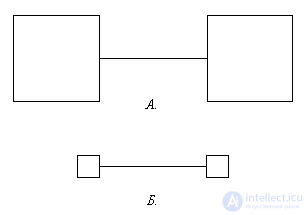
They are absolutely equal, although line B seems much longer.
Illusion of Müller-Lyer (Franz Muller-Lyer, 1889)
(transfer the properties of the whole figure to its separate parts) 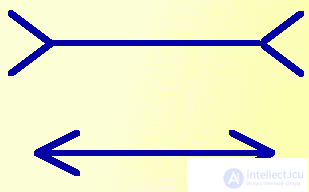
Which of the horizontal segments is longer?
Illusion of Jastrow (Jastrow, 1891).
Which one is bigger? 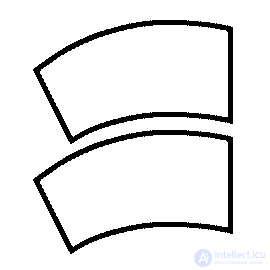
They are absolutely the same.
Zander's parallelogram (1926)
Which segment is longer than AB or BC? 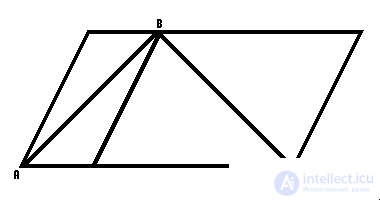
In fact, the segments AB and BC are equal.
Which segment is larger than AB or CD? 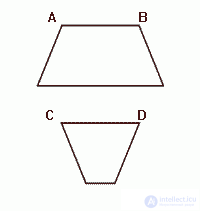
AB and CD are equal.
The illusion of railway tracks (Mario Ponzo, 1913). 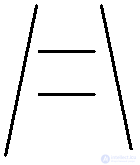
The upper horizontal line appears longer.
This line continues to be perceived as longer, in whatever position we may consider drawing. Try turning your head 90 degrees.
Kinescope illusion.
Which red line is longer? 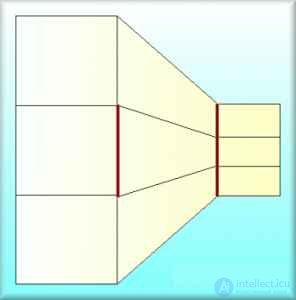
Red lines in the picture of the same length!
Vertical horizontal illusion (Wundt, 1858)
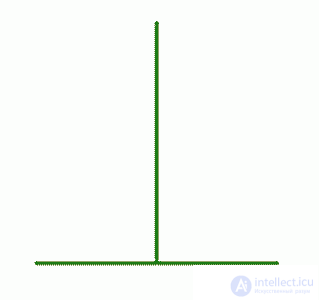
The vertical line is perceived as longer.
If you look at the picture with one eye, the effect is somewhat reduced.
The square of the circle. 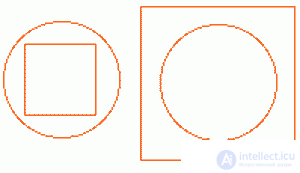
The left circle seems larger than the right one.
The illusion of perspective. 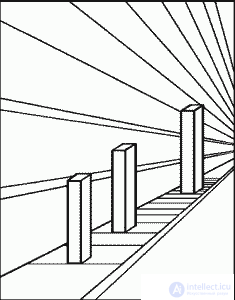
Which parallelepiped is bigger?
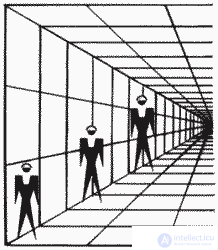
Which man is higher?
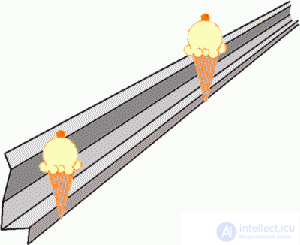
What ice cream more?
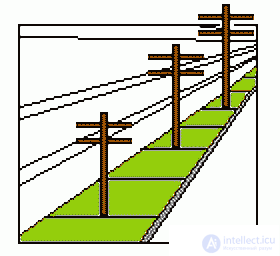
Which telephone pole is longer?
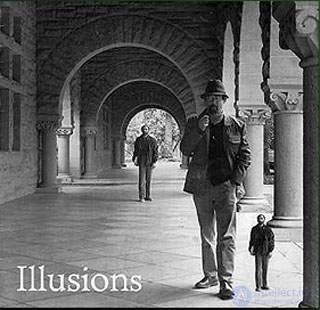
The man in the background and the dwarf in the foreground are the same height.
Which line is longer than AC or AB?
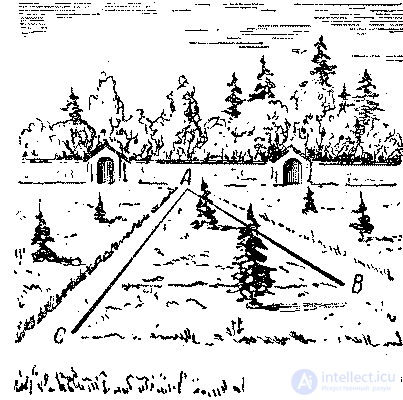
AC and AB are equal!
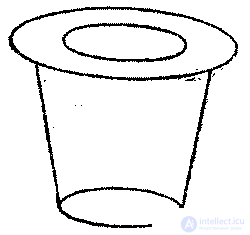
The inner circle on the lid of the bucket seems smaller than the circle forming the bottom of the bucket.
However, these circles are equal.
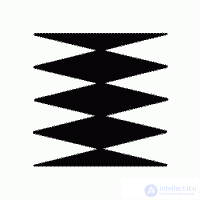
The height of the figure seems larger than its width,
although in reality the figure has the shape of a square.
Look at the numbers "3" and "8."
The upper half of each digit is equal to the bottom, is not it?

And now we turn these numbers over.

The difference in the size of the upper and lower halves becomes apparent.
Which woman is thicker?
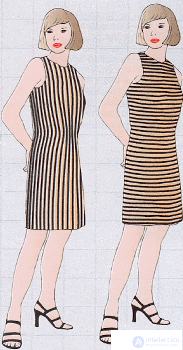
The surface of both tables is absolutely the same.
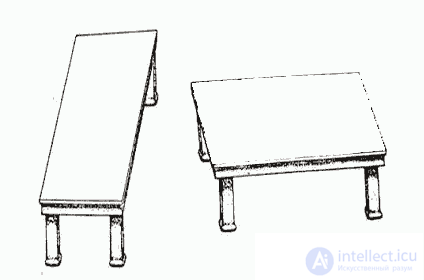
Author Roger Shepard
Comments
To leave a comment
Psychology of errors and illusions
Terms: Psychology of errors and illusions